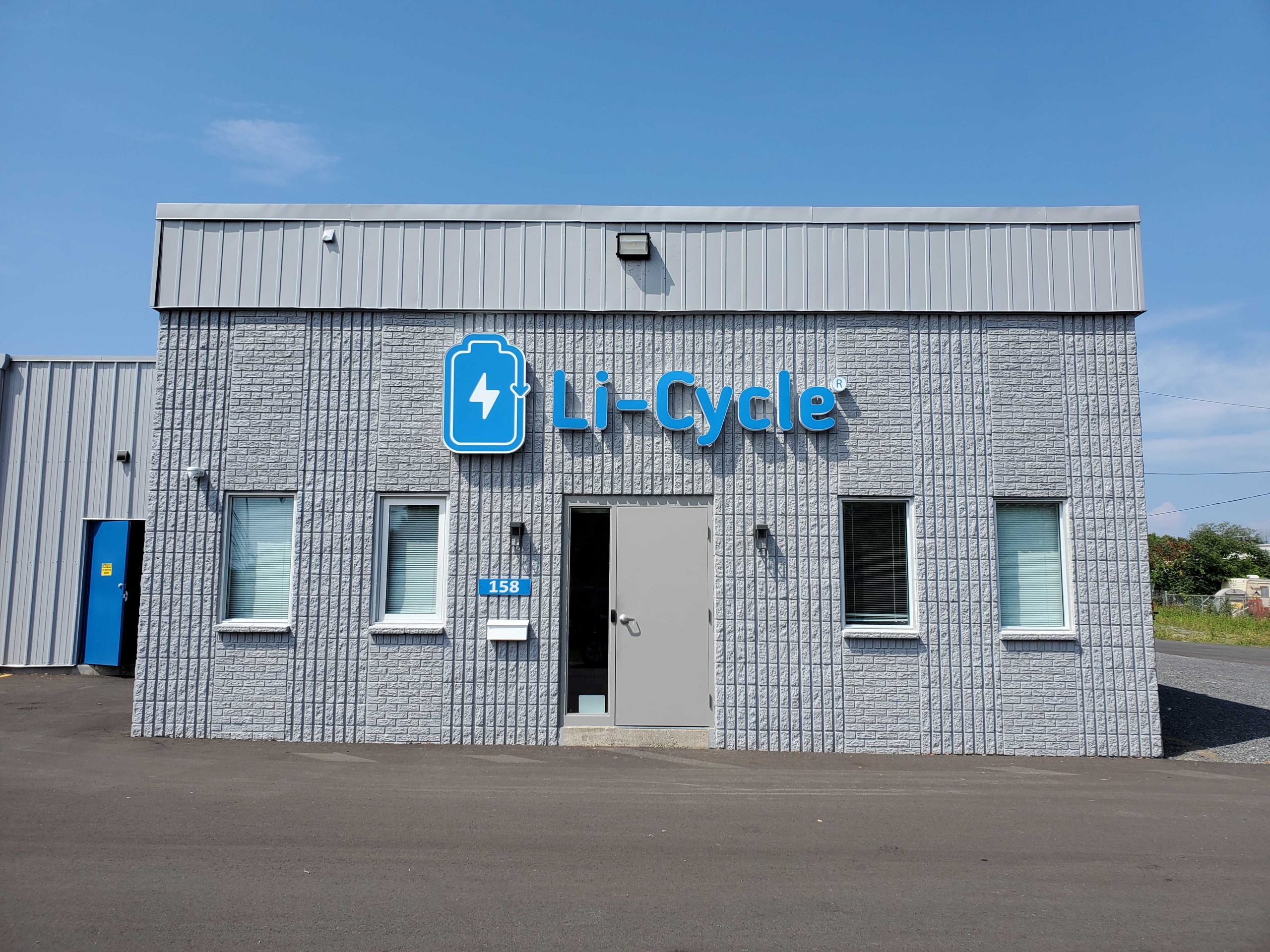



December 16, 2020



December 16, 2020 – D.F. McCourt
“When you pick apart an EV, the costliest and arguably most complicated part of that vehicle is the battery,” says Li-Cycle Co-Founder, President, and CEO, Ajay Kochhar. “If you take the battery out of the equation, the rest of the vehicle is pretty simple. And, from an emissions standpoint, 40 to 50 percent of the greenhouse gas profile of an EV over its life cycle is tied to the production of that battery.”
Li-Cycle, a Canada-based lithium-ion battery recycling company, is looking to tackle those emissions through an innovative lithium-ion recycling process that completely transforms the environmental equation. “Traditionally, when lithium-ion batteries reach their end of life, they’re handled as waste or partially recycled through a high thermal process, which is a nice way of saying burned off.” says Kochhar. “However, that isn’t a sustainable way of dealing with the tsunami of batteries being manufactured — neither economically nor environmentally.”
Li-Cycle’s first commercial Spoke in Kingston, ON, is currently operating with a processing capacity of 5,000 tonnes of spent lithium-ion batteries per year — an equivalent of 10,000 EV battery packs. With Spokes strategically located across Canada and the U.S., this enables the company to process batteries from various verticals close to where they reach end-of-life.
As unprecedented demand outstrips the supplies of battery materials like nickel, cobalt, and lithium itself, the economic proposition for recycling is looking very good, especially with a process as broadly applicable as Li-Cycle’s.
“We can take any kind of lithium-ion battery and start processing them where they are, whether it’s from an EV or a pair of headphones,” says Kochhar. “It’s single-stream recycling for all types, which is a real innovation. We’re going back to fundamental atoms and recreating materials at virgin grade, if not better, which historically no other recycler has been able to do. Further, we’re producing these materials more cost-effectively and with significantly lower emissions than mining new ones. Including all of our transportation, we can reduce the greenhouse gas footprint of a battery by 85 percent.”
Kochhar proudly drives an EV himself and understands completely the need to ask hard questions about the environmental footprint of batteries in our heavily-electrified society. Fortunately, he also knows that those hard questions now have sustainable and economically sound answers.
